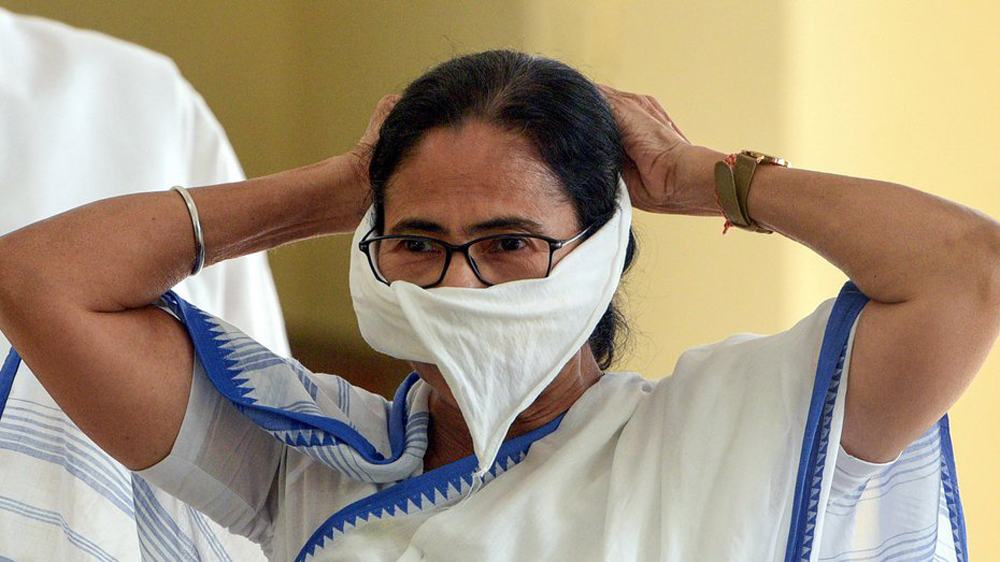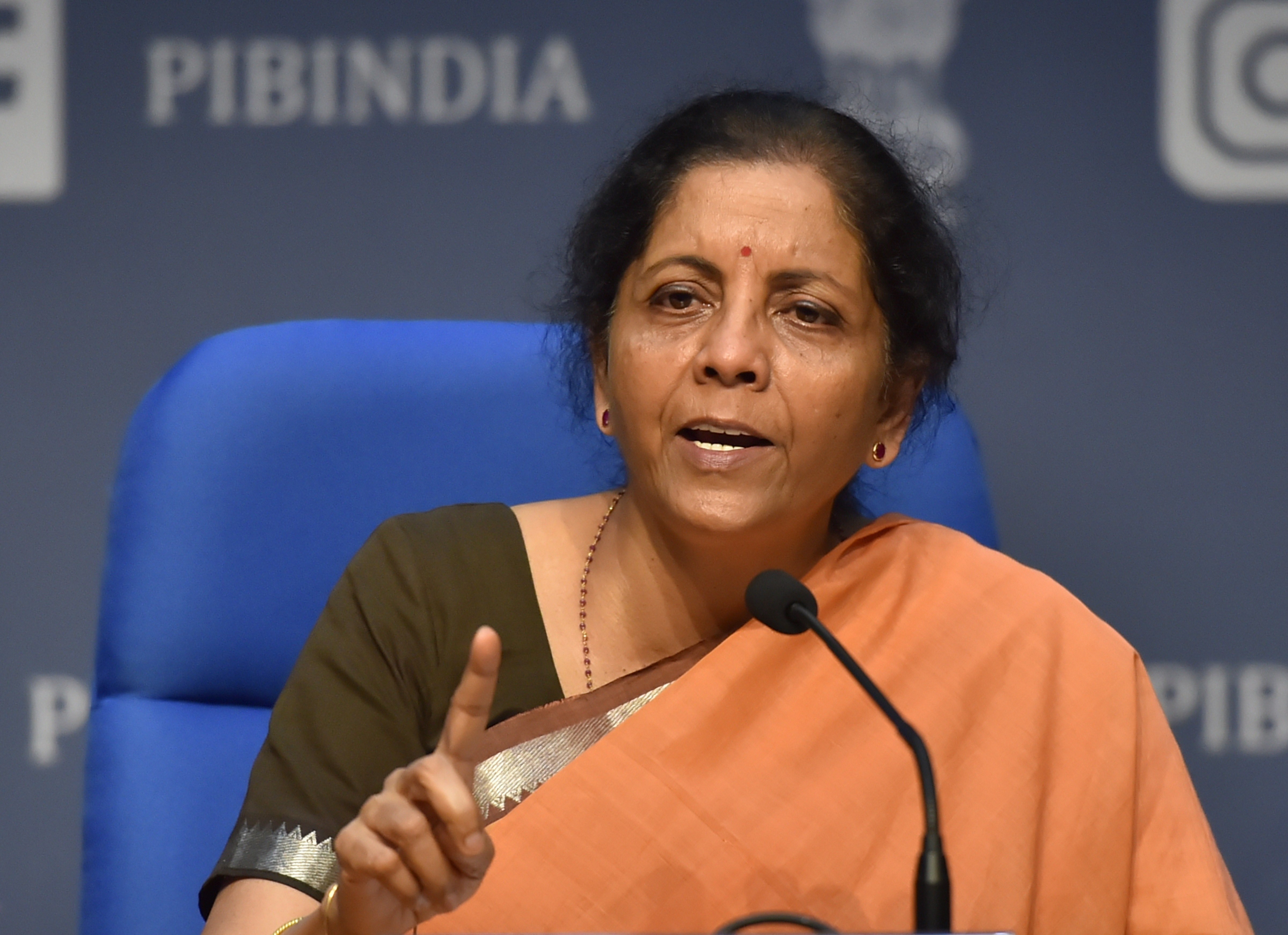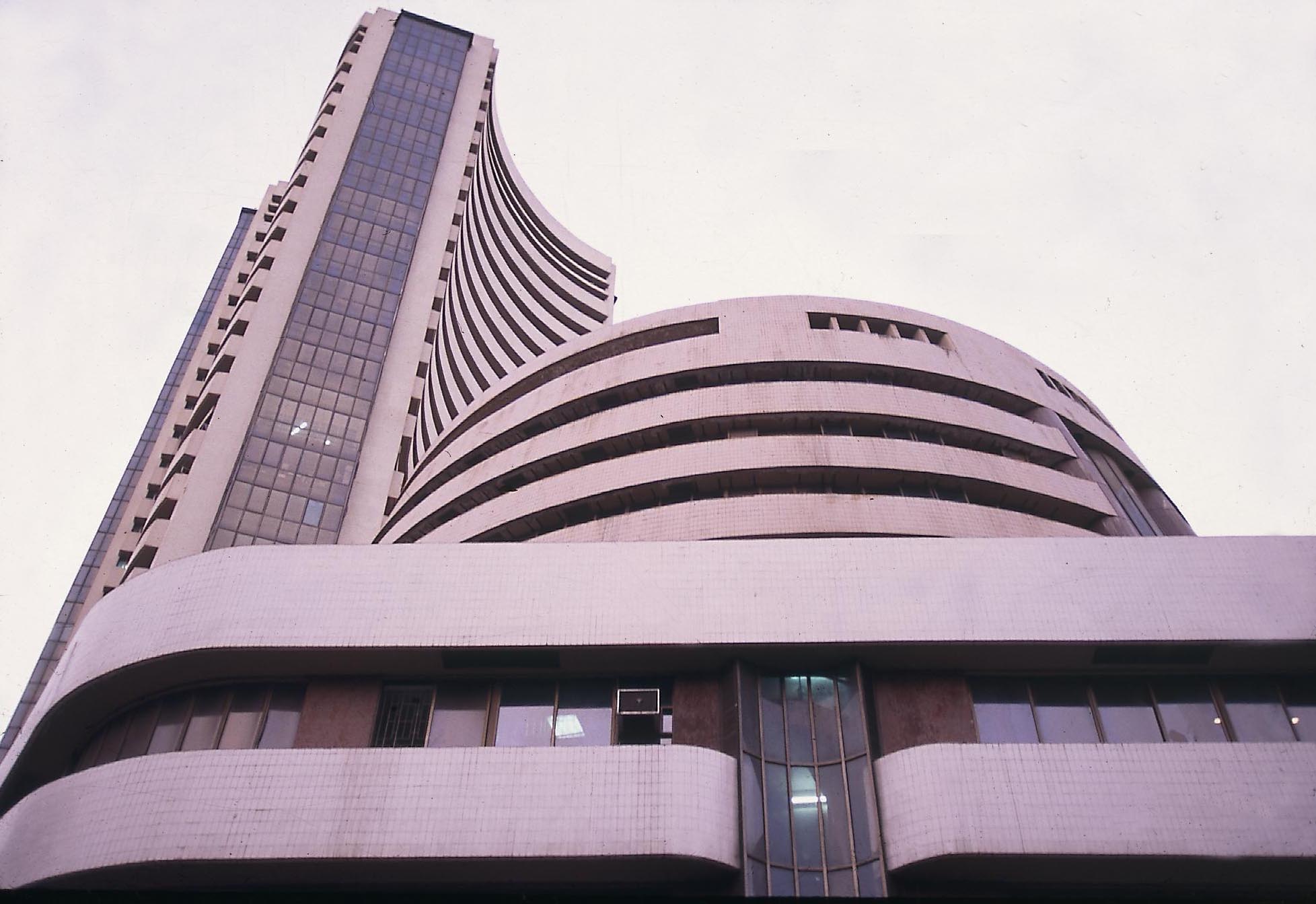In India, the fight against the Covid-19 pandemic will require, among many other things, a massive mobilization of financial resources. The Union government can stretch its fiscal deficit to borrow more from the market, or from the Reserve Bank of India. The latter essentially involves the printing of new money. States, however, have much less room when it comes to mobilizing additional resources. They are allowed to borrow 3 per cent of their state domestic product as per the limit set by the Fiscal Responsibility and Budget Management Act, 2003. The other major source of revenue for a state is its share of the goods and services tax. The states require additional finances for two urgent reasons. The first is to acquire more medical equipment for prevention, tests and treatment of potential and actual Covid-19 patients. The second is for extending economic support to the poor and the vulnerable — daily wage earners or small traders who are left without any incomes. They will need cash and food immediately. The West Bengal chief minister, Mamata Banerjee, has rightly urged the Union government to raise the limit to borrowing set by the FRBM Act from the current 3 per cent to 5 per cent. Based on the SDP of West Bengal in 2018-19, the state was able to borrow Rs 44,100 crore in 2019-20. That fund has been exhausted. This year, the GST collections have plummeted. Hence resources that can be expected from tax revenue are going to shrink significantly.
The state government had set up a fund of Rs 200 crore to tackle the disease immediately. But this corpus, too, has been exhausted. Bengal was one of the earlier states that announced a specific and well-targeted package of cash transfers, subsidized food and special medical insurance. The state government will need resources to deliver these vital supplies. Health is usually the responsibility of the state, but with the Disaster Management Act invoked, the Union government is supposed to call the shots and take a lead in the battle against the disease. However, the Centre has taken too long — the finance minister unveiled a welfare package only yesterday — to announce any form of relief for the economically needy. It has not even announced the logistics of ensuring continuous supply of essentials during the unprecedented three-week lockdown. The least Narendra Modi and his government can do is to allow states greater access to financial resources in their battle against the deadly virus. The size of the fiscal deficit ought to be the last thing on Mr Modi’s mind at the moment.












